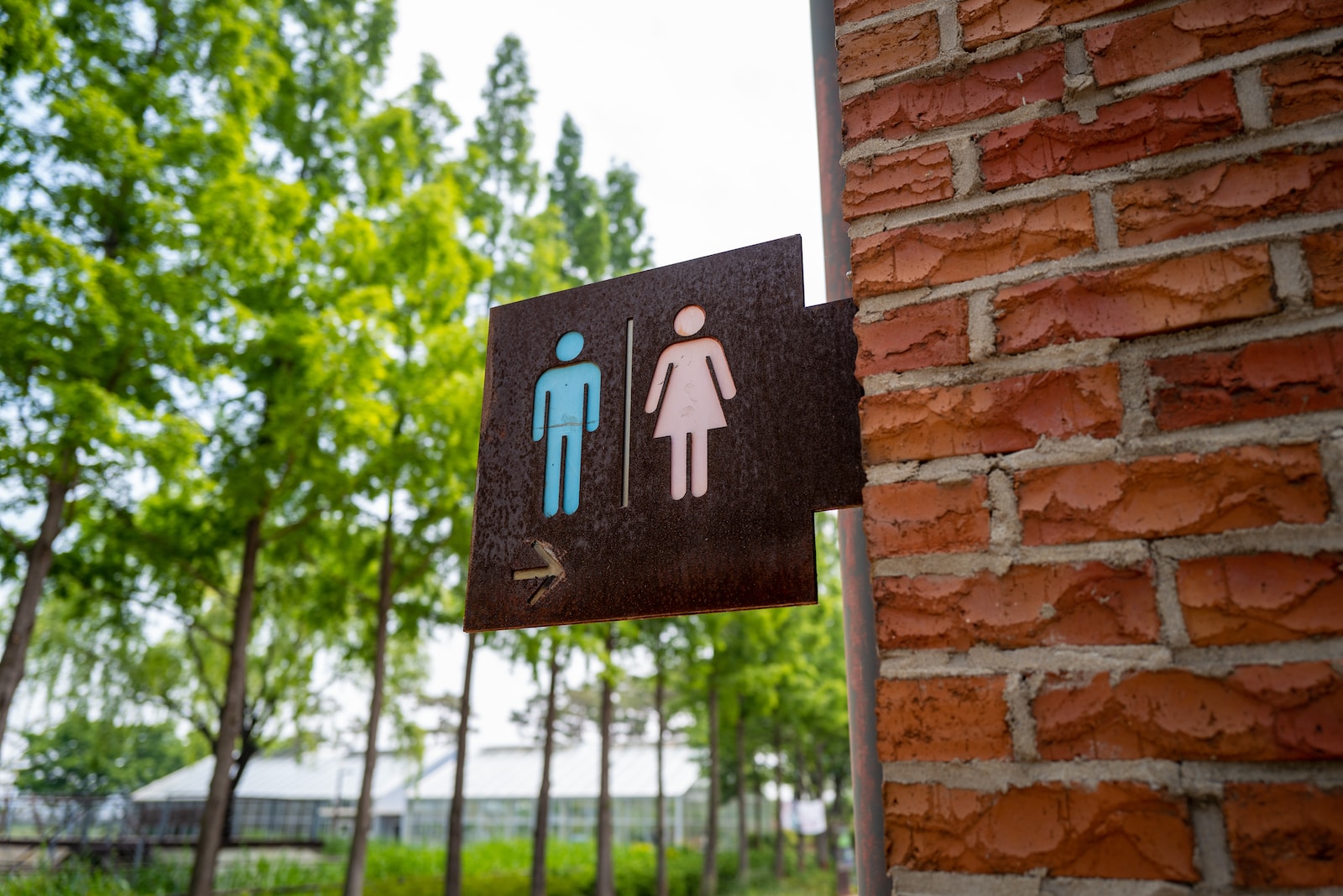Secondary effects of hypertension
Constipation should never be underestimated and could be caused by anti-hypertensive drugs. It is generally accepted that normal intestinal function involves at least three bowel movements per week. These should be painless, should not require excessive effort, and should give a sense of satisfaction. It is not therefore necessary to have one bowel movement per day. Constipation is defined as the passing of hard stools less than three times a week, and could be accompanied by abdominal swelling, pain, meteorism and a sensation of incomplete bowel emptying.
Constipation can have many causes because any situation (bad habits, medication, diet and more) that slows the passage of feces or reduces their water content could lead to constipation. There are many drugs that can cause constipation, such as antacids containing aluminum, many painkillers, certain antihypertensive drugs, drugs for Parkinson’s disease, heart diseases and antidepressants. If one’s diet is low in fiber, feces will contain less water and therefore travel more slowly down the colon. A bad habit such as repressing the stimulus to defecate could lead to constipation, and excessive use of laxatives can also lead to dangerous situations. Laxatives can cause an excessive loss of fluids and minerals such as potassium and sodium, and can even reduce the absorption of vitamins and nutrients. The danger of excessive laxative use is that of creating on one hand a dependence, and on the other of provoking excessive intestinal motility, transforming chronic constipation into spastic colitis. Furthermore, the chronic use of any kind of laxative can cause serious problems such as hypertension, dehydration leading to risk for kidney function, cardiac arrhythmia and even paradox constipation for the weakening of the colon’s muscles which can no longer function properly as a result, a condition known as cathartic colon. There are certain solutions to fight off an inconvenient constipation.
These recommendations can be alternatives to the daily use of laxatives:
- Drink at least 8-12 glasses of water a day
- Consume more fiber in your diet: fruit, vegetables, bran
- Carry out daily physical activity such as walking at least half an hour a day
- Avoid holding back the stimulus to defecate
- Try and get into a daily routine of setting aside a specific and sufficient time every day for bowel movements
Scientific articles below:
- Intestinal flora and human health (Asia Pacific J Clin Nutr 1996, 5:2-9) http://apjcn.nhri.org.tw/server/APJCN/5/1/2.pdf
- The Importance of Good Hydration for the Prevention of Chronic Diseases (Nutr Rev. 2005 Jun;63(6 Pt 2):S2-5.) http://web.a.ebscohost.com/ehost/pdfviewer/pdfviewer?sid=1d0be7df-4fd4-475a-b74f-5ddb9bdd9584%40sessionmgr4004&vid=1&hid=4206
- The Improvement of Hypertension by Probiotics: Effects on Cholesterol, Diabetes, Renin, and Phytoestrogens (Int J Mol Sci. 2009 Sep; 10(9): 3755–3775.) http://www.ncbi.nlm.nih.gov/pmc/articles/PMC2769158/
- Cholesterol-Lowering Probiotics as Potential Biotherapeutics for Metabolic Diseases (Exp Diabetes Res. 2012; 2012: 902917.) http://www.ncbi.nlm.nih.gov/pmc/articles/PMC3352670/


